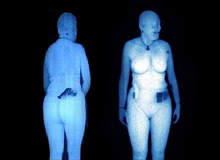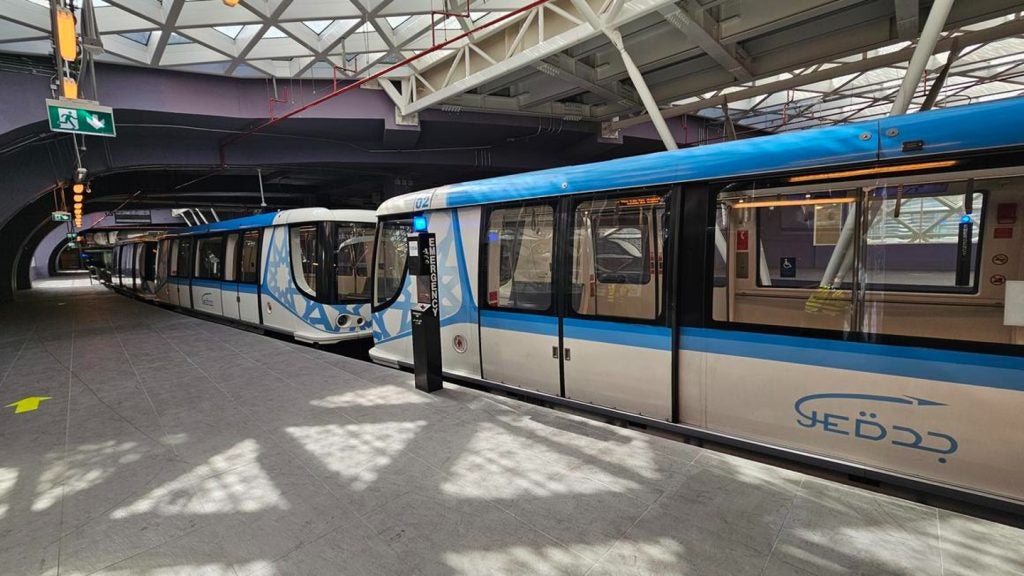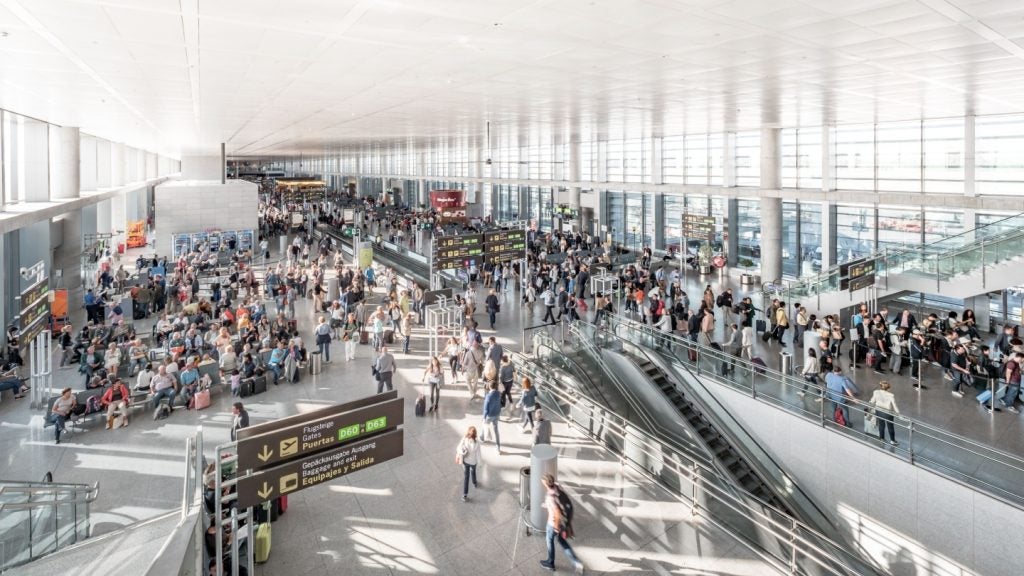
OCTOBER 2008
Airport admits “strip search” body scanners will show people naked
New “strip search” full body scanners being trialled in Australia will show people’s private parts, officials have warned.
But to spare their blushes, the faces of passengers will be blurred.
Mail Online, 15 October 2008.
EU lawmakers censure virtual airport strip search
How well do you really know your competitors?
Access the most comprehensive Company Profiles on the market, powered by GlobalData. Save hours of research. Gain competitive edge.

Thank you!
Your download email will arrive shortly
Not ready to buy yet? Download a free sample
We are confident about the unique quality of our Company Profiles. However, we want you to make the most beneficial decision for your business, so we offer a free sample that you can download by submitting the below form
By GlobalDataEU lawmakers have called for a detailed study of full body scanners, which they have termed a “virtual strip search”, to be made before the technology is implemented in European airports.
Airport-technology.com, 24 October 2008.
JUNE 2009
US House passes bill to limit whole body scanning
A campaign by privacy groups to ban the use of full body scanners at US airports has reached a significant milestone following the passing of a bill to limit their use.
Airport-technology.com, 8 June 2009.
SEPTEMBER 2009
TSA airports install body scanners
Body-scanning machines that show images of people underneath their clothing are being installed in ten of the nation’s busiest airports in one of the biggest public uses of security devices that reveal intimate body parts.
USA Today, 13 September 2009.
OCTOBER 2009
Manchester Airport trials controversial image-scanning technology
Terminal 2 at Manchester Airport in the UK has begun a year-long trial of an X-ray scanning technology that allows security staff to effectively see images of passengers “naked”.
Airport-technology.com, 13 October 2009.
DECEMBER 2009
Germany reconsiders controversial airport security measure
Germany’s interior minister has suggested the government in Berlin may reconsider full body scanner technology, and airports in the country could see the deployment of the controversial security measure by mid 2010.
Spiegel Online, 12 December 2009.
US “stopped Dutch installation of full body scanners”
The US prevented Dutch authorities from installing full body scanners prior to the suspected Christmas Day bomb plotter passed through security at Amsterdam’s airport, the Dutch Government claimed today.
Times Online, 30 December 2009.
Dutch and Nigerians to use full body scans for flights
The Netherlands and Nigeria said that they would use full body scanners at airports after a failed Christmas Day attack on a US-bound plane by a 23-year old Nigerian, who passed through both countries.
Reuters, 30 December 2009.
JANUARY 2010
Airport body scanners on way – PM
Prime Minister Gordon Brown has given the go-ahead for full body scanners to be introduced at Britain’s airports.
BBC News, 3 January 2010.
Airports increase security following terrorist bomb scare
Airports in the UK, Australia, Pakistan and India are investigating ways to improve security, including the introduction of full body scanners, following the failed Christmas Day terrorist attack on a US-bound flight from Amsterdam.
Airport-technology.com, 4 January 2010.
Body scanners “no silver bullet”
Airport body scanners would be “unlikely” to detect many of the explosive devices used by terrorist groups, a Tory MP has warned.
Ben Wallace, who used to work at the defence firm QinetiQ, one of the companies making the technology, warned it was not a “big silver bullet”.
BBC News, 4 January 2010.
New airport scanners could breach child protection laws
According to a number of civil rights groups, new body scanners being introduced at UK airports could breach child protection laws.
Airport-technology.com, 5 January 2010.
Canada to use full body scanners for US flights
Canada plans to introduce full body scanners at all its major international airports to tighten security after the failed Christmas Day attack on a US-bound plane, the government said.
Reuters, 5 January 2010.
Full body scanners pose low radiation risk
The radiation risk from the full body scanners used to improve airport security is very low and unlikely to raise an individual’s risk of cancer, according to US experts.
Airport-technology.com, 11 January 2010.
Most “OK” with TSA full body scanners
Air travellers strongly approve of the government’s use of body scanners at the nation’s airports, even if the machines compromise privacy, a USA Today / Gallup poll finds.
USA Today, 11 January 2010.
US raises full body scanners in fly-by visit over terrorism
The push for full body scanners at Australian airports gained momentum yesterday during a visit by Deputy Head of the US Department of Homeland Security, Jane Holl Lute.
Sydney Morning Herald, 11 January 2010.
Full body scanner blind to bomb parts
Most of the uproar over full body scanners has focused on privacy concerns, but there’s one larger question, however, that hasn’t received much scrutiny by the chattering classes: do the damnable things work?
One German TV station says “Nein”.
The Register, 24 January 2010.
First full body scanner operational at Canadian airport
Pearson International Airport in Canada has installed its first operational full-body scanner in Terminal 1 in a bid to improve security across the country’s gateways.
Airport-technology.com, 26 January 2010.
FEBRUARY 2010
‘No scan, no flight’ rules begin
Some passengers at Heathrow and Manchester Airports in the UK will have to go through full body scanners before boarding their flights under new rules.
It is now compulsory for those selected for a scan to take part, or they will not be allowed to fly.
BBC News, 1 February 2010.
South Korea plans to install full body scanners ahead of G20
The South Korean Government plans to install full body scanners at major international airports across the nation ahead of the G20 summit.
Airport-technology.com, 2 February 2010.
Trials for full body scanners at Delhi Airport from May
India will begin using full body scanners to screen passengers at the international airport in Delhi on a trial from May, and decide by the end of the Commonwealth Games in October who will get the multimillion dollar contract to supply such equipment.
The Times of India, 3 February 2010.





